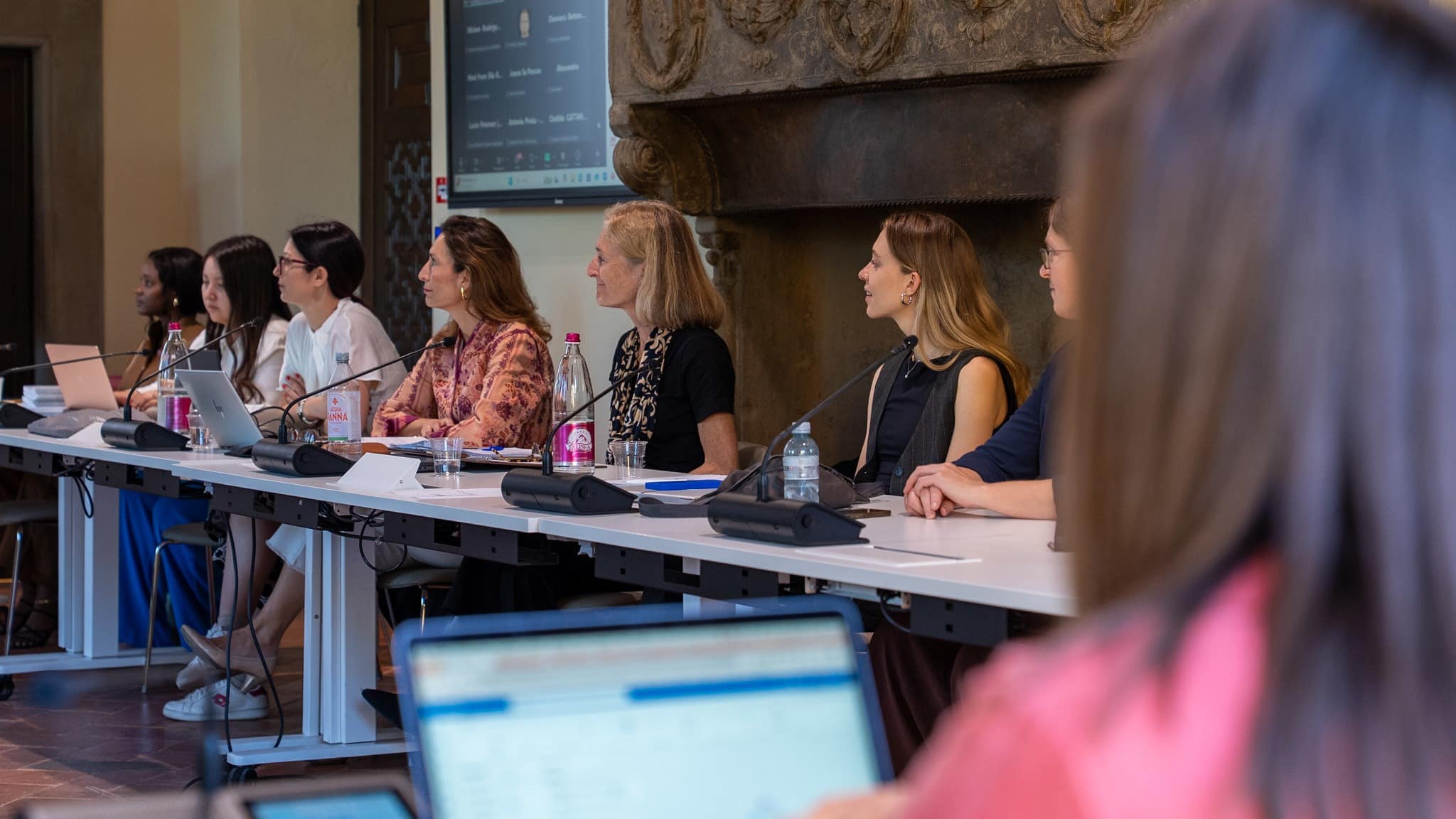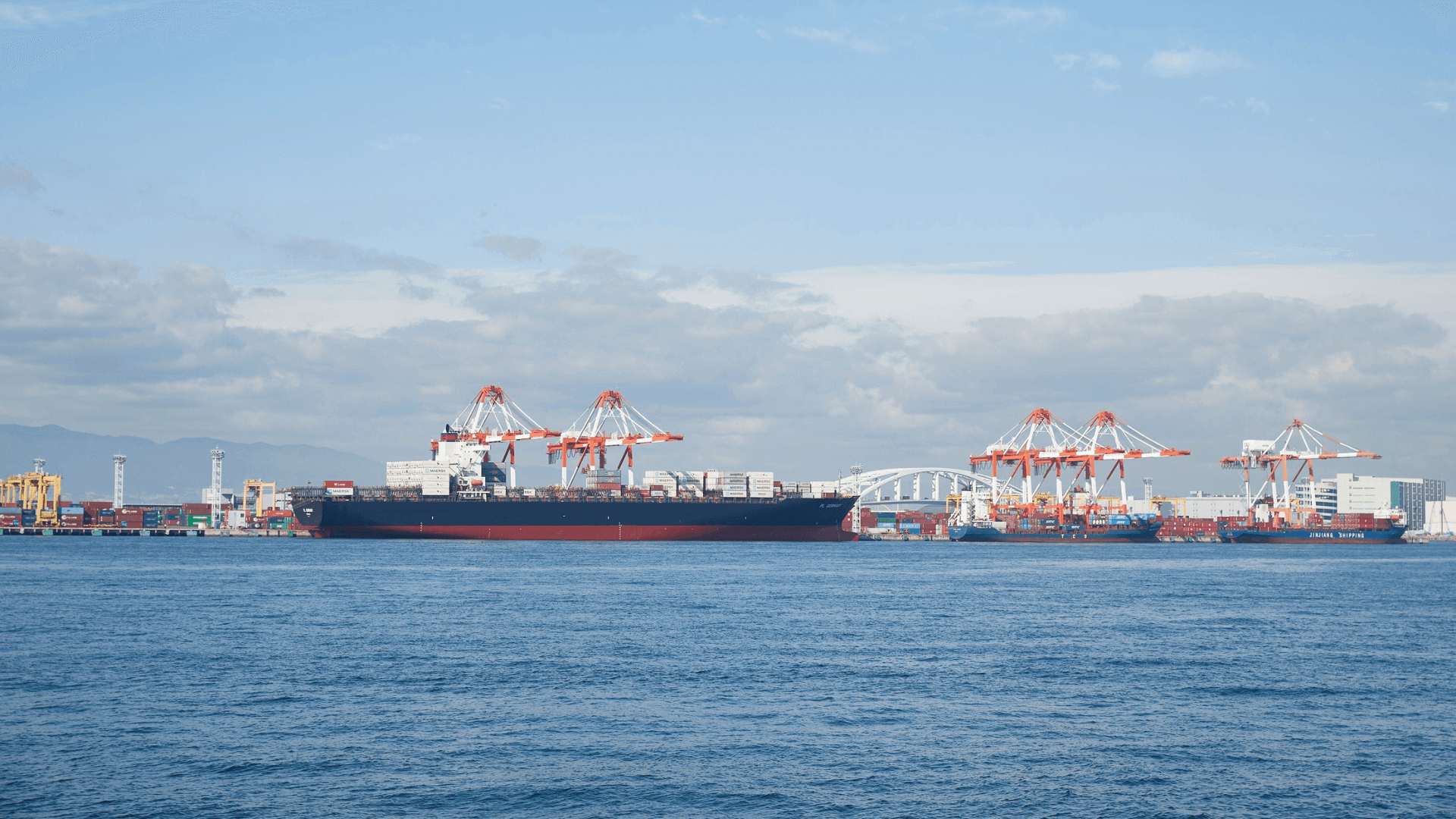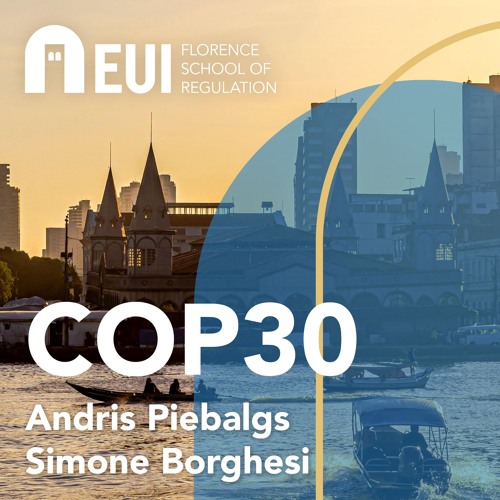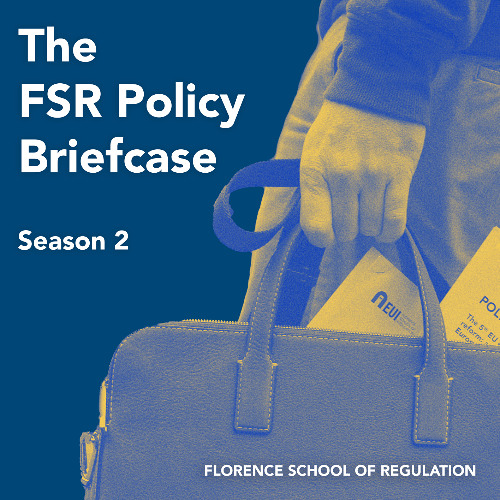6th Conference on the Regulation of Infrastructures: Challenges for smart cities

The Conference on the Regulation of Infrastructures is the annual event that brings together all the Areas of the Florence School of Regulation. This 6th edition aimed at taking stock of the major challenges infrastructure regulation is currently facing in the context of smart cities.
Follow the Conference
#CRI17 what a great day!! Thank you all for coming to #Florence!! pic.twitter.com/VBTEboxzDQ
— FSR Transport (@FSR_Transport) 16 giugno 2017
Introduction
The de- and re-regulation of the different network industries is an ongoing process at national and global level. As this process unfolds, ever new phenomena emerge, which call for a constant reassessment of the content and objectives of regulation.
The question becomes even more challenging when looking at recent infrastructure development at the local level. Phenomena including (but not limited to) demographic changes, the rapidly evolving consequences of climate change and the evolution of Information and Communication Technologies (ICTs) have significantly challenged the traditionally stable landscape of urban infrastructure services provision. Providing traditional and new services in an innovative way is a growing trend among public authorities, traditional providers as well as new private prosumers and platforms for sharing economy. Both small and large agglomerations are seeking to become the so-called “smart cities”. However, together with great opportunities, disruptive innovations also give rise to new regulatory challenges, especially on infrastructure financing and management of future “smart cities”.
This 6th Florence Conference on the Regulation of Infrastructures sought to evaluate the major challenges infrastructure regulation is currently facing at the local level.
- Papers have been presented in different parallel sessions dedicated to the following infrastructure sectors:
- Communications and Media
- Energy and Climate
- Transport
- Water Distribution
- Financing
- We encouraged contributions that linked technology and institutions in more than one infrastructure sector.
- Contributions utilizing multidisciplinary, as well as interdisciplinary, approaches to regulation have been welcome.
- Papers linking academia and practice, as well as policy research papers, have been particularly encouraged.
- The conference was intended for academics such as PhD students, PostDocs and Assistant/associate/full Professors as well as academically-minded practitioners.
Conference Structure
The format of the Florence Conference on the Regulation of Infrastructures is unique:
- Each presenter had 45’, which included 20’ of presentation, 10’ of qualified feedback and 15’ of discussion with the audience;
- Feedback was given by senior professors associated with the Florence School of Regulation, who are specifically knowledgeable about the topic at hand;
- Papers retained for publication received additional feedback beyond the Conference.
Publication opportunities
- Papers qualified for being published in the Journal Competition and Regulation in Network Industries, which is published by Sage as of 2017.
- A summary of the 4-5 best papers was published in the dedicated issue of the Network Industries Quarterly (Issue 19, Vol 3, September 2017).
Scientific Committee
- Matthias Finger (EUI, Part-time professor and Director of the Transport Area of the FSR. EPFL, Professor and Director of the Chair of Management of Network Industries)
- Jean-Michel Glachant (EUI, Robert Schuman Chair, Director of the FSR, Director of the Energy & Climate Area of the FSR, Holder of the Loyola de Palacio Chair)
- Leigh Hancher (EUI, Part-time professor, Energy & Climate Area of the FSR. Tilburg University, Professor)
- Xavier Labandeira (EUI, Part-time professor, Energy & Climate Area of the FSR. Vigo University, Professor)
- Pier Luigi Parcu (EUI, Part-time professor, Director of the Communications and Media Area of the FSR, ENTraNCE, and CMPF)
- Ignacio Pérez Arriaga (EUI, Part-time professor, Energy & Climate Area of the FSR. Comillas University, Professor and Director of the BP Chair on Sustainable Development. MIT, Visiting Professor)
- Stéphane Saussier (EUI, Part-time professor and Director of the Water Area of the FSR. IAE de Paris, Professor and Director of the EPPP Research Group)
Download
List of selected authors and titles of their papers (* presenting author)
COMMUNICATIONS AND MEDIA
- Becchis, F.*, Russolillo, D., Sbandati, A., and Postiglione, M.* “Governance, Competition and Service Innovation in Smart Cities: A Regulatory Approach”
- Boulenguer, C.*, and Perez, Y. “Smart City or Smart Cities: How to Define This New Challenge”
- Claudel, M. and Fazio, C.* “A New Architecture for Place-Based Policy: Regulatory Experimentation in Urban Innovation Districts”
- Knieps, G. “Internet of Things and the Economics of Smart Sustainable Cities”
- Oliveira Cruz, C.* and Miranda Sarmento, J. “Reforming Traditional PPP Models to Cope With the Challenges of Smart Cities”
- Saraiva, J.D.*, and Barbalho, A. “The Convergence of Business Models and Long-Term Financing in the Context of Smart Cities”
ENERGY
- Bock, B. B*., Hosse, D. and Stolte, B. “Planning Infrastructure in Context of Integrated Energy and Transport Measures.”
- Bergaentzlé, C.*, Skytte, K., Olsen, O.J., Soysal, E.R., and Katz, J. “Grid Tariffs to Support Flexibility in Decarbonised Energy Systems”
- Brandstätt, C. “Network Charges for Distribution Systems with High Shares of Distributed Generation”
- Elsner, I. “Socio-Technical Challenges for the Regulation of Urban Electricity Systems in Smart Cities”
- Hennig, E.*, Sommerhalter, D., and Altschuh, B.* “New Infrastructures: Cross-Linked, Energy Efficient Industrial Areas”
- Steffen, B.*, Schmidt, T.S. and Tautorat, P. “The Impact of Global Cities’ Climate Action — Do Their Commitments Translate Into Effective Regulation?”
TRANSPORT
- Baumgart, M. “Does Digitalization Cost Our Privacy? Legal and Ethical Issues Concerning the Implementation of Smart Meters and Electromobility”
- Cseres, K.J. “Postal Consumers in the EU: From Users of Universal Services to Users of All (Digital) Postal Services. How Does EU Law Facilitate Consumers in the Digital Postal Market?”
- Marlot, G.*, and Brunel, J. “Why Smart Cities Need Smart Road Traffic Mitigation Policies”
- Pieri, N*., Baccelli, O., Galdi, R., and Grea, G. “E-Mobility Evolution in Italy: Between Technological Drivers and Game Changers”
WATER
- Baudoin, L. “Water in Management Research: An Overview of Thematic and Theoretical Approaches
- Beecher, J. “Infrastructure at an Inflection: An Integrated Public-Service Paradigm for the Transformation of Urban Water Systems”
- Bolognesi, T. “In the Shadow of Sunshine Regulation: considering disclosure biases”
- Fernet Chabrost, M. “Get what you pay for? The story underneath remunicipalizations in the water sector”
Don’t miss any update on our events
Sign up for free and access the latest events from our community.













